From RSS inspiration to Padma Shri: Dr. Sagdeo’s service to Wayanad tribals
Dr Sagdeo has been serving the people of Muttil village in Kerala’s Wayanad district for more than 40 years.
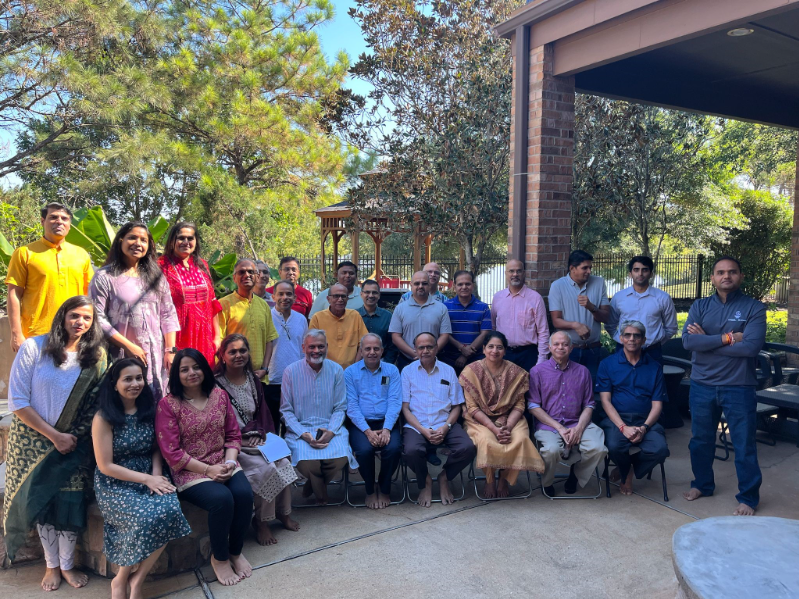 Dr. Dhananjay Sagdeo (fourth sitting person from the right) , his wife Sujata and brother Dr. Vivek Sagdeo were warmly welcomed at several gatherings across the country, including a special event at the Katy home of Rajesh and Bhagyashree Patwari. / Anagha Patwari
Dr. Dhananjay Sagdeo (fourth sitting person from the right) , his wife Sujata and brother Dr. Vivek Sagdeo were warmly welcomed at several gatherings across the country, including a special event at the Katy home of Rajesh and Bhagyashree Patwari. / Anagha Patwari
Houston recently had the honor of hosting Padma Shri winner Dr. Dhananjay Sagdeo.
Dr. Sagdeo has dedicated his life to serving the adivasi tribes of Wayanad, Kerala, bringing them healthcare and modern medicine — an extraordinary act of service that earned him the prestigious award in 2021.
This was his first visit to the United States, and he was warmly welcomed at several gatherings across the country, including a special event at the Katy home of Rajesh and Bhagyashree Patwari.
“This award I give to our workers of Swami Vivekananda Medical Mission, because only with the help of workers of was this possible,” Dr Sagdeo said when asked about his Padma Shri.
His younger brother, Dr. Vivek Sagdeo, came to the U.S. in 1980 and now lives in Cupertino. He said he’s delighted to see his brother’s work being recognized. The entire family, he added, has always been proud and supportive and was overjoyed to hear the news of the Padma Shri.
“We really didn't expect a Padma Shri, so it was a very pleasant surprise, and I'm very happy,” Dr. Vivek Sagdeo said. “People hear ‘Padma Shri’ and we get invited to a lot of places, I’m also enjoying that.”
Today, Dr. Sagdeo serves as the Chief Medical Officer of the Swami Vivekananda Medical Mission (SVMM) in Wayanad. SVMM is a charitable organization established in 1972 by Rashtriya Swayamsevak Sangh to provide healthcare to the region’s underserved tribal population.
Deeply inspired by the philosophy and ideals of the RSS, Dr. Sagdeo said that as a young man, he had felt a strong calling to use his medical training where it was needed most.
One of the major health challenges faced by the region’s tribal communities is sickle cell anemia (SCD), a serious genetic blood disorder. Dr. Sagdeo was awarded the Padma Shri for his pioneering work in tackling SCD among these communities. Through early diagnosis initiatives and sustained involvement in tribal health, he helped bring national attention to a long-overlooked but urgent public health issue.
In 2024, SVMM expanded its reach internationally with the launch of its U.S. chapter, headquartered in Cupertino. Dr. Vivek Sagdeo serves as president.
In addition to healthcare and counseling, SVMM places a strong emphasis on education. School dropout rates in Wayanad are alarmingly high, as many children leave school to work and support their families. Cherukara, a village with a large Scheduled Caste and Scheduled Tribe population, reflects this reality.
To address the issue, Sree Sankara Primary School was established in 2002 in the forested region of Cherukara. Over the years, it has grown to include classes up to Grade 7 and now serves 200 students.
The school relies on donations to sustain its work. A contribution of $250 can cover a child’s tuition, books, and transportation for an entire year. Most of the funds go toward teachers’ salaries and transportation costs. Your support can make a meaningful difference in these children’s lives.
Payment methods:
Zelle: svmma25@gmail.com
Venmo: 669-320-8012.
Meet Dr. Dhananjay Sagdeo
Dr Sagdeo has been serving the people of Muttil village in Kerala’s Wayanad district for more than 40 years.
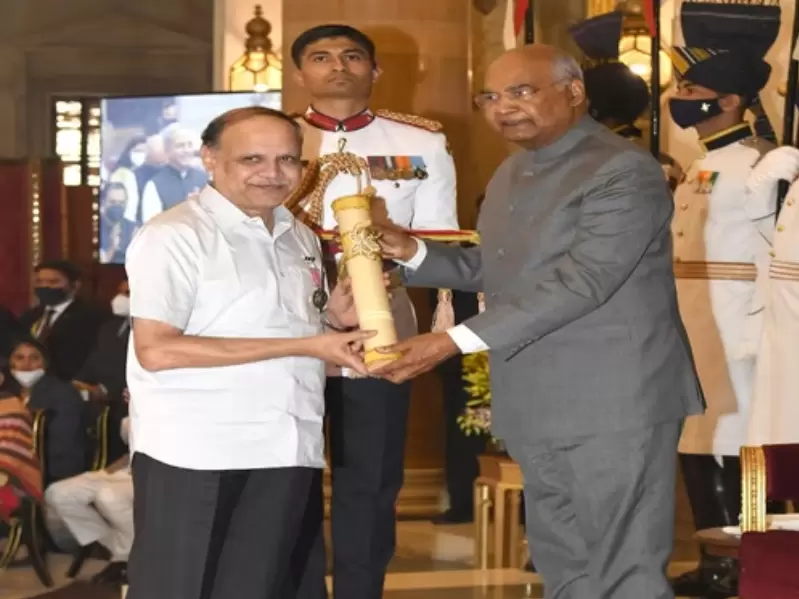 Dr. Sagdeo is the recipient of the Padma Shri Award (2021), given to him recognizing his work in providing medical services for the poorest . / Handout/Dr. Dhananjay Sagdeo
Dr. Sagdeo is the recipient of the Padma Shri Award (2021), given to him recognizing his work in providing medical services for the poorest . / Handout/Dr. Dhananjay Sagdeo
The second of four brothers, young Ajay—as he was affectionately called by friends and family—grew up in a middle-class education-oriented household in Nagpur. He earned his MBBS degree from Indira Gandhi Medical College Nagpur in 1980.
While working in the rural outskirts of Nagpur, he witnessed firsthand the lack of medical care and necessities among the tribal communities. Although he had a promising future ahead as a well-paid, respected doctor in a city hospital, he chose a different path—leaving it all behind to run a small medical facility in remote Muttil entirely on his own. The distance between Nagpur (Maharashtra) and Wayanad (Kerala) is nearly 1,500 kilometers by road.
In due course, his one-man dispensary grew into a well-equipped 36-bed hospital, with mobile medical units. (SEWA International USA funded an SCD testing machine.)
Treating the tribal communities was at first challenging, not only because of their resistance to modern medicine but also due to language barriers. Dr. Sagdeo, who grew up speaking Marathi, Hindi, and English, moved to a state where Malayalam is the official language, while the tribals themselves spoke their own distinct dialect. He overcame these challenges and eventually built a strong connection with the community.
“These tribes, they are all distributed,” said Dr. Vivek Sagdeo. “They don't even have villages or hamlets. They were basically nomads. Some of them became laborers and learned Malyalam, but many have their own kind of language. So yes, the initial issue for my brother was to learn the language, because he didn't know the language.”
Once influenced by Christian missionaries and Naxalites, the tribals gradually regained their cultural footing through SVMM’s efforts, which encouraged them to preserve and celebrate their traditional tribal heritage.
“The Christian missionaries try to convert and also there are the Naxalites,” said Dr. Vivek Sagdeo. “So we want to prevent those forces from taking over, because they (the adivasis) are very innocent. These people go and try to kind of bribe them, or train them, brainwash them. So I'm glad of the work we are doing.”
Dr. Dhananjay Sagdeo and his wife, Sujata, have two daughters, Gayatri and Aditi. Gayatri is a doctor, while Aditi is an engineer. Dr. Sagdeo, Sujata, and Gayatri live in Muttil, where they care for patients and manage the organization.
ADVERTISEMENT
ADVERTISEMENT
E Paper
Video




1749580004.png) Juhi Varma
Juhi Varma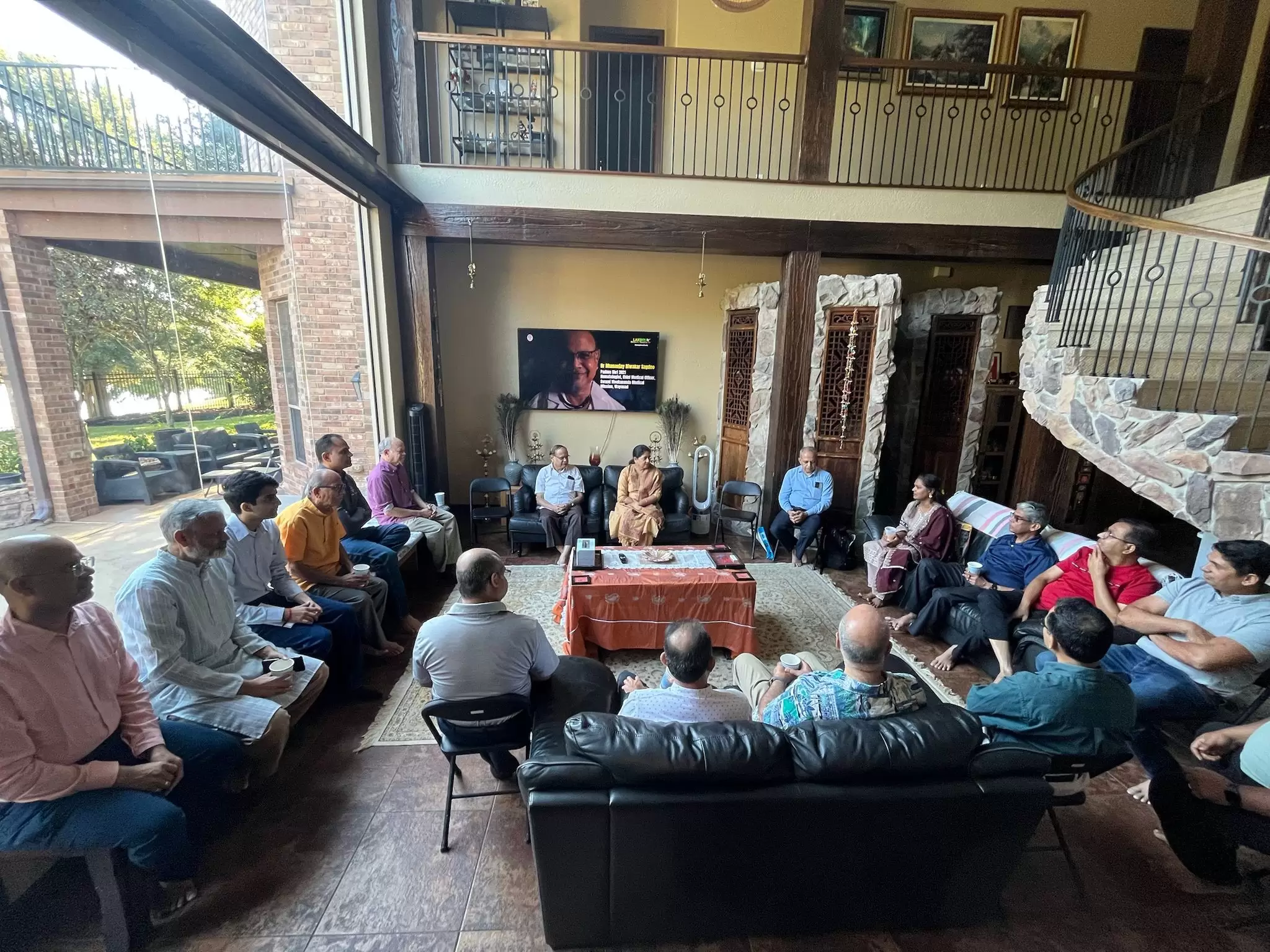
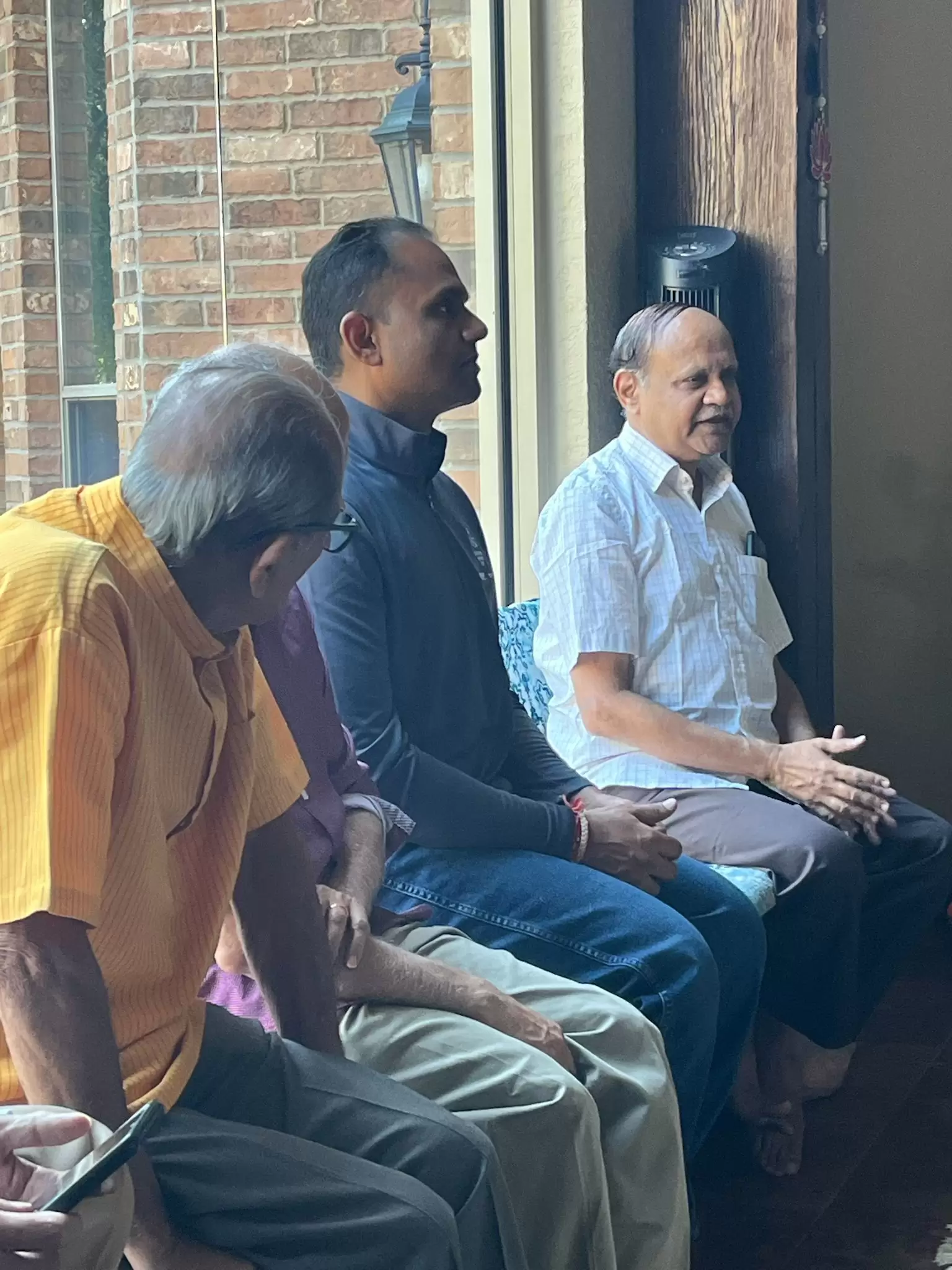

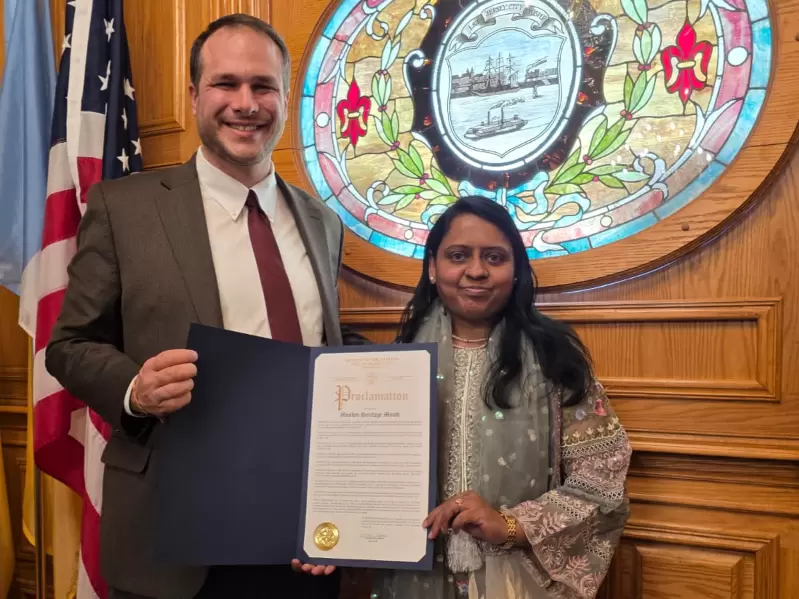
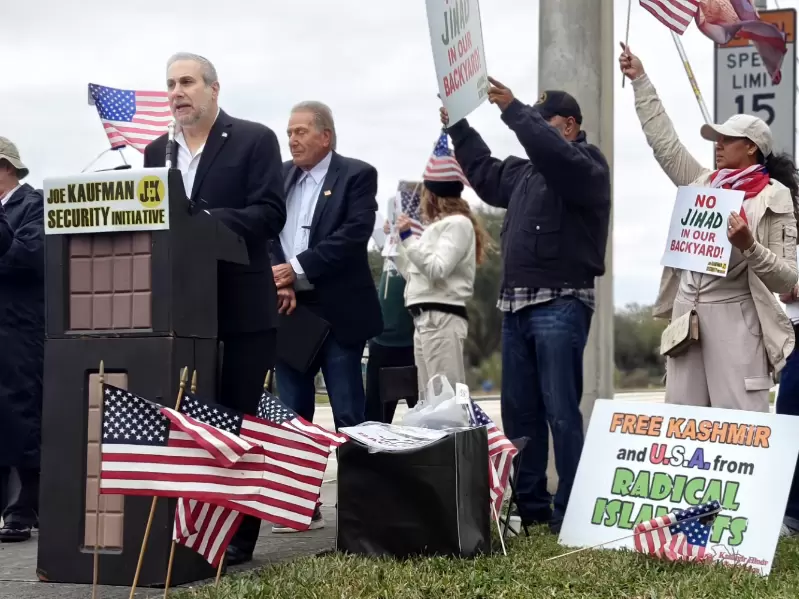
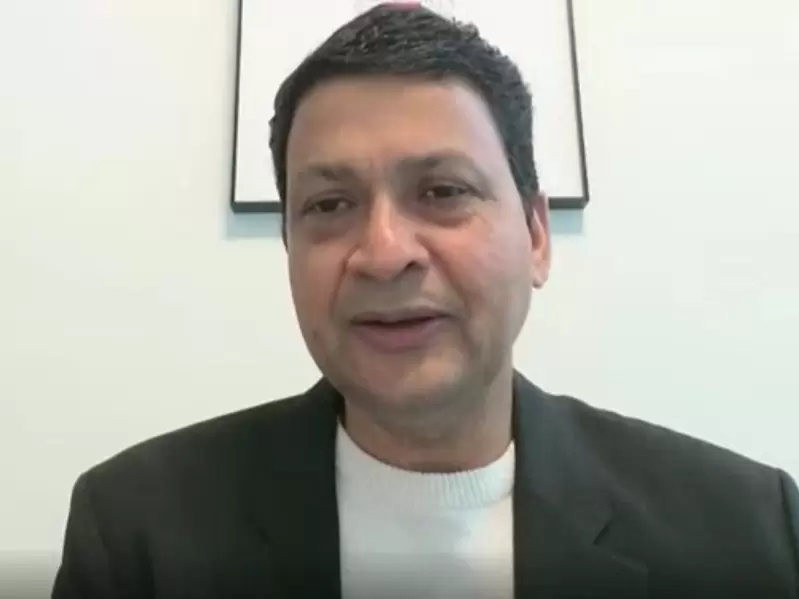
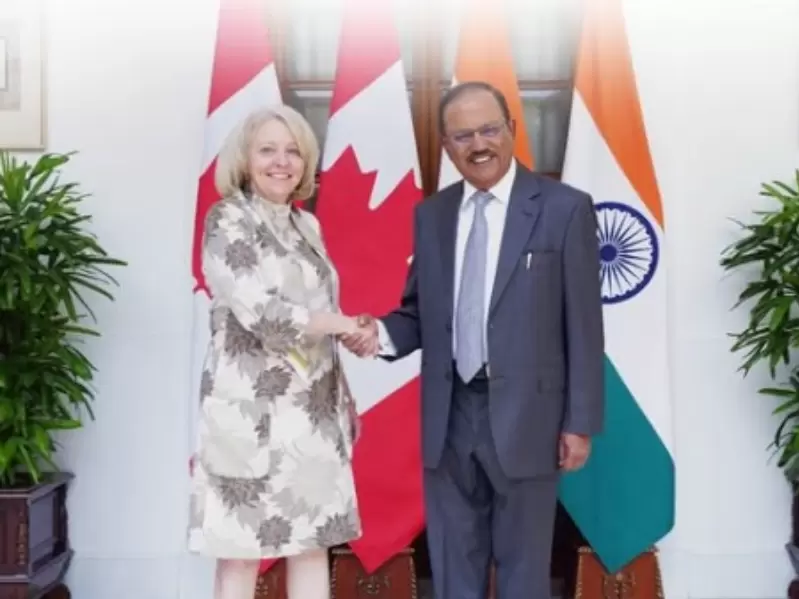
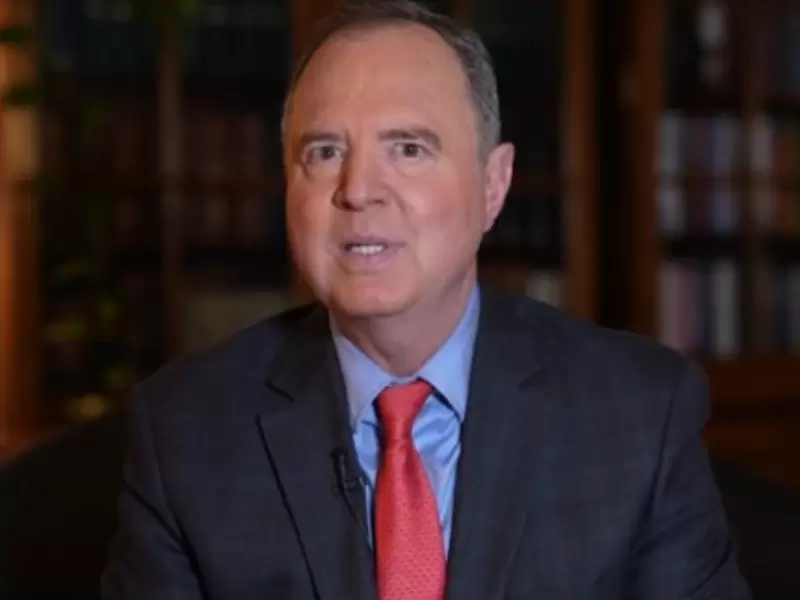
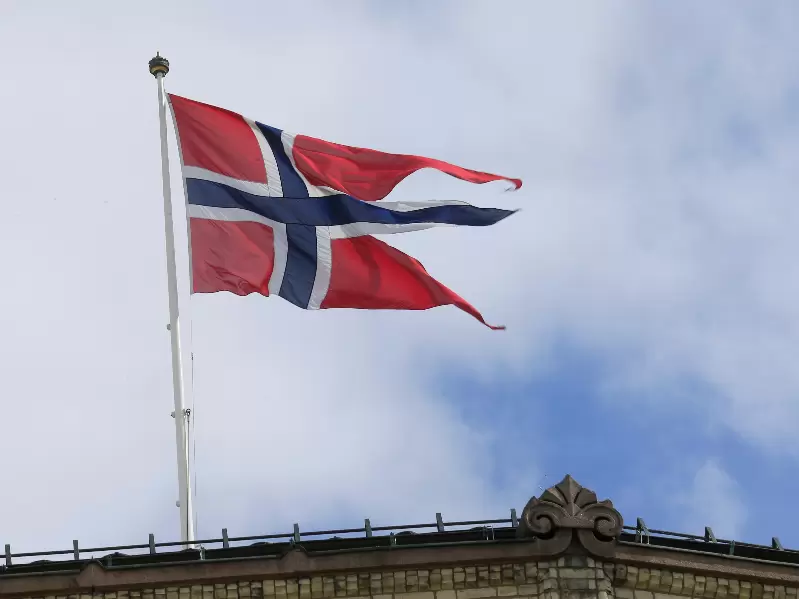
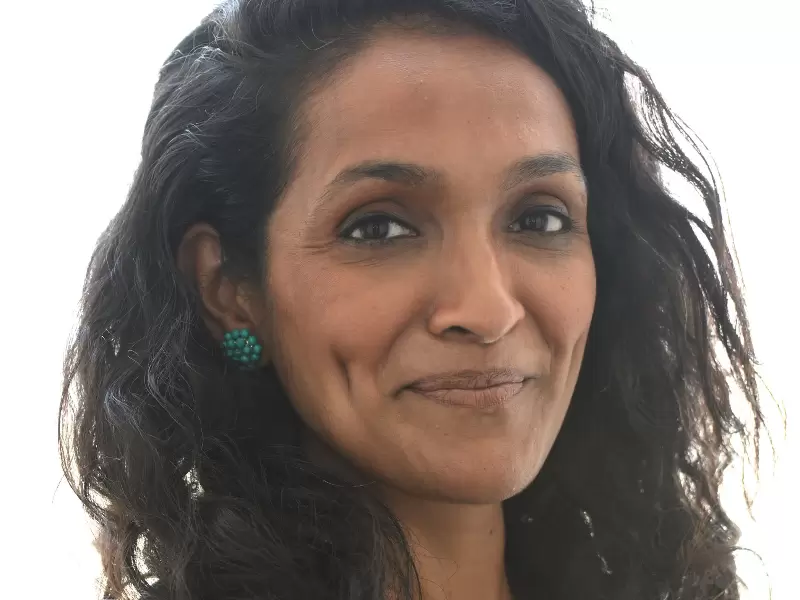
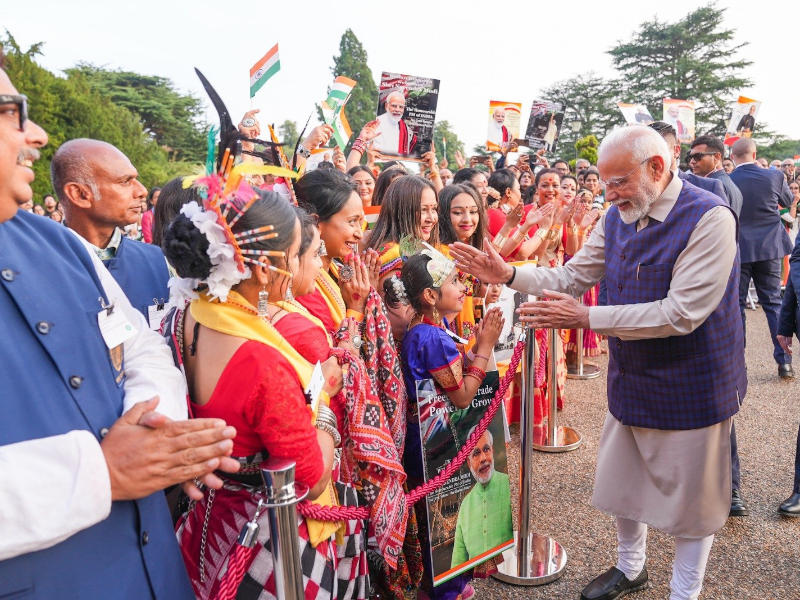
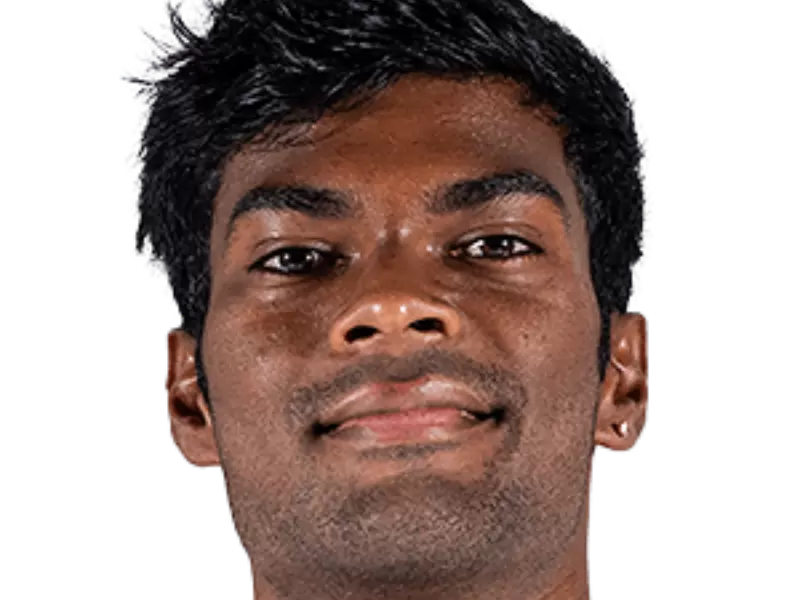
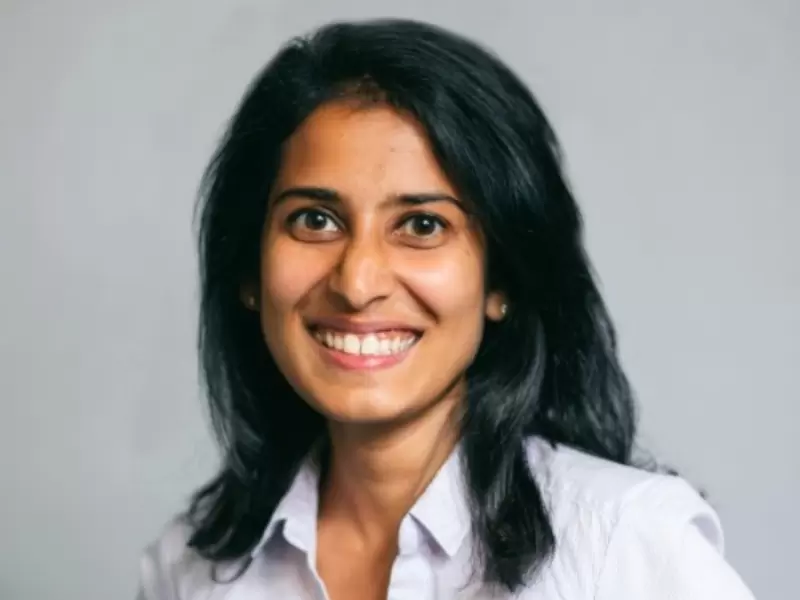
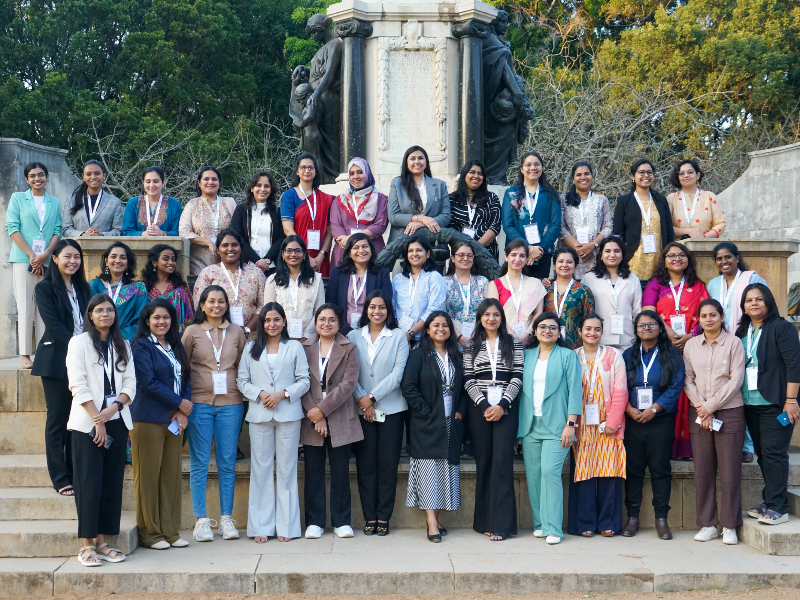


Comments
Start the conversation
Become a member of New India Abroad to start commenting.
Sign Up Now
Already have an account? Login